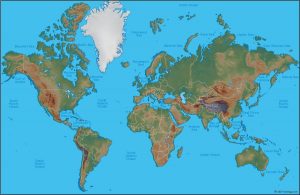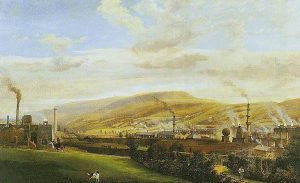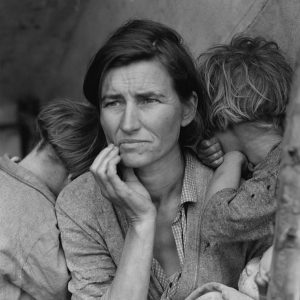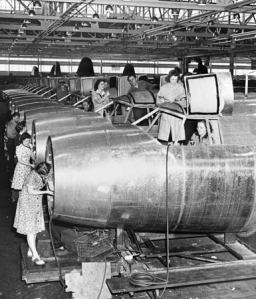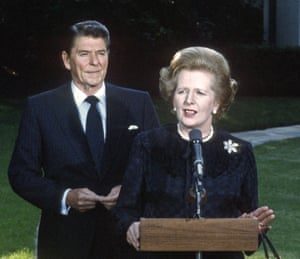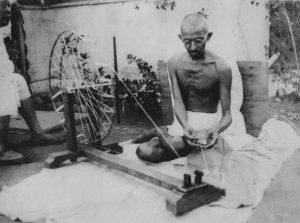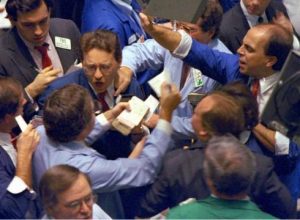EVOLUTION OF The WORLD Economy
An 9-week introduction to economic history, with an eye to pondering how it can inform our understanding of, and responses to, the present. Analyse large-scale economic change and in doing so learn key concepts, theories and arguments in political economy and economics. Each week provides you with a one-hour video lecture, two readings and twelve discussion questions. This particular subject does not require any prior study of economics or political economy.
Design
Each week you view (or listen as a podcast) to on hour online lecture – at a time that is convenient to you. You then undertake a couple of set readings and then participate in a 90-minute discussion either via zoom or in-person discussion (with a short break at the 45-minute mark). Tutorial sizes have a maximum upper limit of 19 people in order to promote a conversational, easy-going and genuinely interactive experience. On-one-one help is provided whenever you need to clarify anything.
Dates and times: Choose between one of the three weekly discussion sessions
Option 1. In-person
Mondays 6-7.30pm starting 20th of April 2026 at Prosper, Level 1, 64 Harcourt Street, North Melbourne
Option 2. Zoom
6pm-7.30pm Mondays US Eastern Time starting 20th April 2026. Note that this translates to 8am-9.30am Tuesdays Australian Eastern Standard Time.
Option 3. Zoom
6.7.30pm (Australian Eastern Standard Time). Starting Wed 22nd of April 2026
Registration Cost (major currencies list below, get in touch for info on other currencies)
Australian Dollars AUD$275.00
US Dollars US$190.00
Euros EUR160.00
UK Pounds GBP145.00
Canadian Dollars CAD$260.00
Payment can be made via electronic funds transfer, credit card, PayPal or money order.
Assessment: There are regular questions and answers to allow you to self-test your knowledge, but the results of such self-tests are only available to you. Tutorial discussions are also a great opportunity to test and clarify your ideas, though you will never be publically put on the spot to answer specific questions.
Accreditation: If you attend at least 7 of the 10 classes, we can issue you with a record of completion which you are welcome to list on your CV.
Week 1 PRE-CapitalisT Economic History
We currently live in a market-based capitalist economy, but what sort of economy existed before? And also, what explains the transition? This lecture is focused on answering these two questions. In doing so, it provides you with a wonderfully useful, rich and accessible way to understand some very foundational ideas in political economy and economics.
Week 2 The World Economy in 1900 & The First World War (1914-18)
The first part of the lecture surveys the world economy on the cusp of the 20th Century. This necessarily involves a focus on empire, colonialism and globalisation. The focus then turns to causes, impact and legacies of the First World War. Even if you have previously studied the general history of World War One, the particular perspective offered by economic history is a distinctive and rewarding complement to any of your previous studies.
Week 3 The Great Depression 1929-39
This week is dedicated to examining causes, impact and legacy of the Great Depression. It introduces J M Keynes and his invention of macroeconomics and the role of aggregate demand and its management. The Great Depression provides an excellent means to introduce macroeconomic ideas and the ongoing debates within macroeconomics and macroeconomic policy making.
Week 4 The RISE And Fall of Socialism in the USSR 1917-1991.
We examine the evolution of socialism in the USSR. Starting with War Communism we look at the New Economic Policy, Stalinism, The Liberman-Kosygin Reforms and the Gorbachev Era. We will also briefly touch upon the Market Socialism of the former Yugoslavia. This area of study is useful not only for people wishing to gain a better understanding of socialist systems, but it is also of considerable relevance and value for anybody interested in different types of capitalist and post-capitalist systems.
Week 5. WORld War Two and the Post-War Bretton Woods system
An examination of the economic aspects of World War Two. Particular focus is given to the management of the wartime economy via economic planning and price controls. The second lecture focuses on the Bretton Woods System which governed monetary relations between countries between the mid 1940’s to the early 1970’s.
Week 6 The LOng Boom And its Demise
Between 1950 and 1973 the industrialised countries experienced a long boom characterised by rising living standards, low unemployment and relatively low-inequality. The capitalism that was characteristic of this era was markedly different in its institutional features to the neoliberal capitalism that is currently dominant. The lectures, readings and discussion will focus on explaining the rise and demise of both the long boom and the social democratic mode of capitalism that significantly underpinned it.
Week 7 Rise of Neoliberalism
Neoliberal capitalism emerged during the 1970’s, established itself in the 1980’s and has been dominant every since. We examine what is distinctive about neoliberal capitalism, what accounts for its rise and ongoing dominance and whether it is likely to be able to sustain this dominance.
Week 8 The Japan’s Rise, Fall and Stagnation
An examination of post 1945 Japanese Economic Development, including the ‘miracle’ years of the 1960’s the Bubble Economy of the late 1980’s and the ongoing low-growth since the bursting of the bubble. Particular focus is given to analysing and evaluating the use of Industrial Policy.
Week 9 The Global South
This week is focused on developing countries since 1945. Analysis includes decolonisation, modernisation theory, basic needs approach, the Washington Consensus and Neoliberalism. Issues of Foreign Aid, Trade Policy and Industrial Policy are all examined.
Week 9 the Global Financial Crisis and its Aftermath
An examination of the causes and consequences of the Global Financial Crisis (2007-2009) which constitutes the largest shock to the World Economy since the Depression of the 1930s. The focus then turns to examining the world economy since that time up to the present. We will conclude the subject by discussing how the study of economic history has informed your understanding and responses to contemporary challenges such as climate change and environment crises, inequality, economic vulnerability and stagnation.

